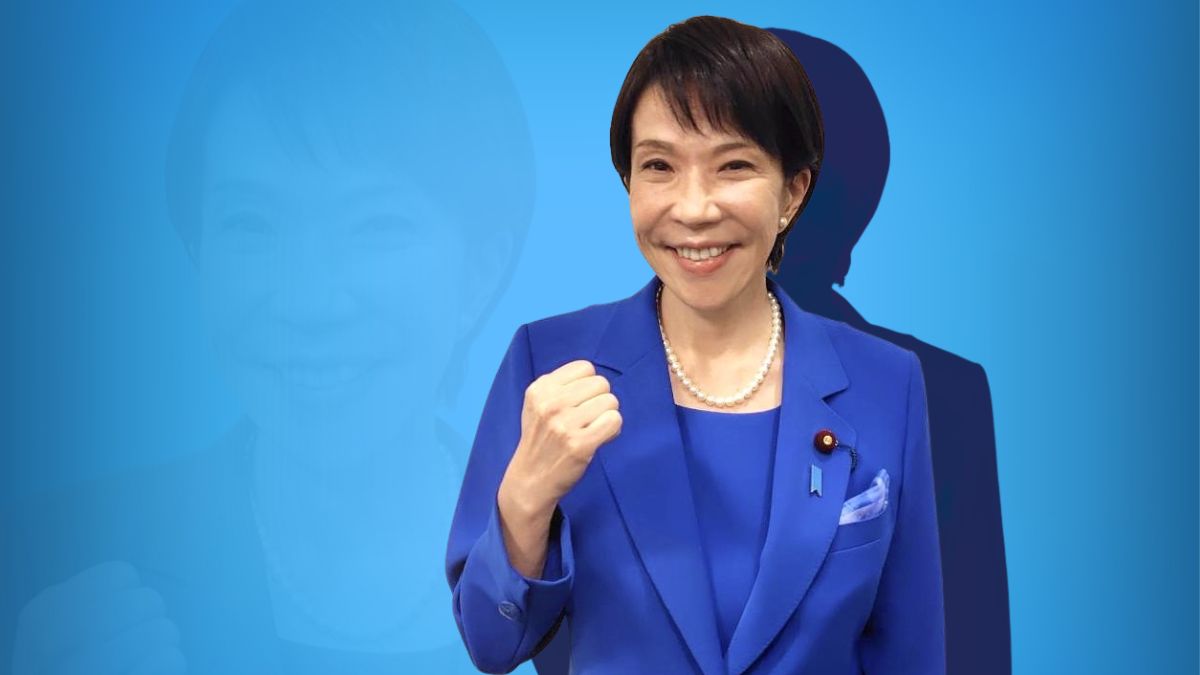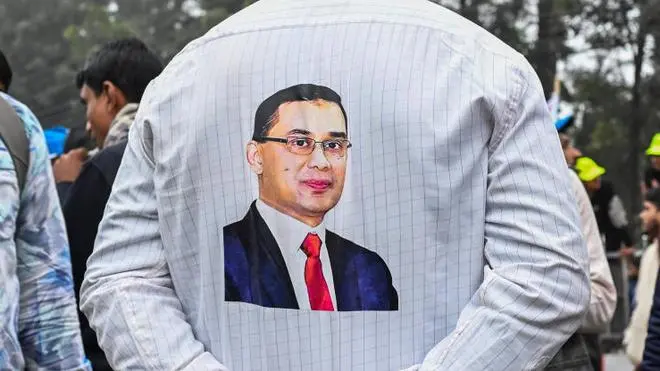Tokyo | Japan’s newly appointed Prime Minister Sanae Takaichi has sparked a nationwide debate over work culture after her recent comments urging people to “work like a horse” triggered sharp criticism. Known for her hard-line approach, Takaichi has been under scrutiny from day one—especially after she convened a meeting at 3 a.m., reviving concerns about Japan’s long-standing overwork crisis.
Takaichi openly defended her actions, saying, “I work 18 hours a day, and I want others to work the same way. Work-life balance doesn’t matter.” Her remarks have been widely condemned as insensitive and disconnected from the country’s painful history with excessive work pressure.
A Country Haunted by ‘Karoshi’
Japan has struggled for decades with “karoshi”—death caused by overwork. After World War II, the push to rebuild the economy led to extreme expectations from employees, resulting in sudden deaths due to heart attacks and strokes. Public pressure eventually forced the government to impose an overtime limit of 45 hours per month.
Takaichi, however, has supported proposals to increase the overtime cap, fuelling fears that Japan may slip back into its dangerous high-pressure work culture.
3 A.M. Meeting Sparks Outrage
The controversy escalated when Takaichi summoned her advisers to a budget-related meeting at 3 a.m. on November 7. Japanese media labelled it the “3 A.M. study session,” and opposition parties quickly seized on the issue.
Former Prime Minister and opposition leader Yoshihiko Noda slammed the move as “madness,” saying, “When I was Prime Minister, I began work at 6 or 7 a.m. Forcing others to join in the dead of night is simply wrong.”

Takaichi later attempted to justify the unusual timing, claiming that her home fax machine had malfunctioned, prompting her to shift to the Prime Minister’s residence in the middle of the night for document preparation.
Overwork Culture’s Dark Reality
Japan’s work culture has often been criticized for pushing employees to physical and mental exhaustion. It is common to see workers falling asleep while standing on trains or resting along sidewalks after demanding schedules. A tragic milestone dates back to 1969, when a 29-year-old employee died of a brain stroke after clocking more than 100 hours of work in a month.
Experts warn that Takaichi’s rhetoric and practices may set a dangerous precedent, risking a return to a work culture that once pushed employees to the brink. Critics argue that the Prime Minister is placing unreasonable pressure on government staff while promoting an unhealthy and outdated “ideal” of productivity.
As Japan navigates the early days of Takaichi’s leadership, the debate over work-life balance, employee rights, and the dangers of overwork is growing sharper—raising questions about whether the country will move forward or step back into its troubled past.










